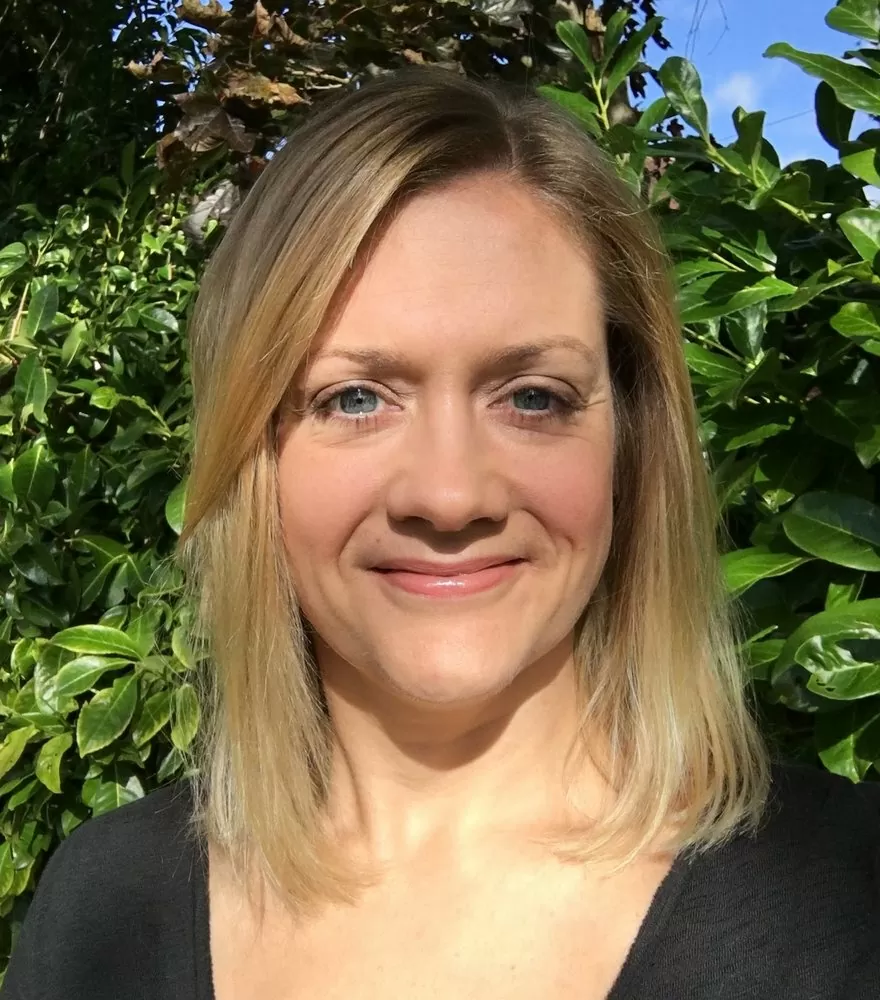
Supervision
Join a supportive community
Counsellors and psychotherapists are typically required by their professional accrediting bodies to engage in regular supervision. This is as part of maintaining ethical and effective practice. Supervision is a fundamental component of their ongoing professional development, ensuring they provide safe and competent therapeutic services.
Supervision Approach
My approach is rooted in the philosophy that supervision is not only a space for clinical oversight but also a collaborative and developmental process. I view supervision as a dynamic relationship where supervisees can reflect, grow, and deepen their self-awareness alongside their therapeutic practice. In line with my approach as a TA therapist, the supervision I offer is also informed by a relational approach.

Working Relationally
From a Relational Transactional Analysis perspective, supervision is not just a means of ensuring clinical competence but a relational process that mirrors the core principles of therapeutic work itself. Relational TA emphasises the importance of the intersubjective relationship between therapist and client. This same philosophy extends to the supervisory relationship. The supervisor and supervisee are seen as two people in relationship, co-creating meaning and insight through mutual influence and emotional engagement. Supervision, in this view, is not a hierarchical process but one of shared inquiry. It is where both parties contribute to deepening the understanding of the clinical work.
Relational TA supervision, therefore, focuses on the relational dynamics that unfold between therapist and client, and equally between supervisor and supervisee. It encourages the supervisee to reflect on how their own internal world, experiences, and relational history are influencing the therapeutic relationship. By examining these unconscious patterns and how they may be reenacted in the therapy room, the supervisee gains greater insight into both their client’s and their own relational needs and defences. This reflective process is key to fostering authentic therapeutic engagement, as it allows the therapist to remain attuned to the relational dynamics that may otherwise go unnoticed.
Ultimately, supervision serves multiple purposes: it promotes reflective practice, enhances therapeutic skills, safeguards client welfare, and helps practitioners maintain ethical standards. It is an essential part of being a responsible and effective professional in the field of mental health.
Supervision and Core TA Principles
In line with TA core principles, I emphasise mutual respect, transparency, and empowerment in the supervisory relationship. I see my role as guiding the supervisee to examine their clinical work through the lens of the core TA concepts: ego states, life scripts, transactions, and games. I believe in creating a safe, non-judgmental space where supervisees feel supported to openly discuss challenges, ethical dilemmas, and uncertainties.
Central to my philosophy is the idea of autonomy. I encourage supervisees to trust their own clinical instincts while continuously questioning and expanding their understanding of themselves and their clients. I believe supervision should strive to balance providing support with challenging the supervisee towards greater clinical competence and self-awareness.
Amount and Frequency
The amount and frequency of supervision are influenced by the supervisee’s experience and the complexity of their work. For newer therapists, supervision may focus more on skill development and understanding core TA concepts. For more experienced practitioners, the process becomes increasingly collaborative and exploratory, delving into the deeper relational aspects of their work.
Ultimately, supervision is more than a professional requirement. Supervision is an essential relational space where therapists can reflect on and deepen their understanding of both their clients and themselves. By fostering mutual respect, transparency, and emotional attunement, supervision supports the therapist in providing ethical, relationally sensitive, and effective care.
If you are looking for TA Supervision
I am currently offering low-cost supervision as part of an ongoing Diploma in Supervision.
You might be at the initial stages of psychotherapy training and would like to prepare for your placement work, or you might be an established therapist looking for additional supervision in line with what I am offering. Either way, do get in touch to find out more.
Book a Consultation
Frequently Asked Questions
The terms ‘Psychotherapy’ and ‘Counselling’ are often used interchangeably and essentially they are both characterised by a form of “talking therapy”. You will see many practitioners will use both terms when referring to themselves.
Fundamentally both psychotherapy and counselling have the same goal of providing relief to someone with some sort of psychological symptom or obstacles although there are some subtle differences.
‘Counselling’ is often used to describe a shorter-term process than psychotherapy. A goal in counselling is to enable someone to make better use of resources they may already have in place. Counselling often focuses on a specific issue, life event or experience or on a particular symptom.
‘Psychotherapy’ is often a longer process of treatment and focuses on facilitating the exploration and development of new resources for a person. In psychotherapy you will have the chance to look deeper into the root of your issues. You will have the chance to explore patterns of behaviour, thinking and feeling in your life at a greater depth that allow you to focus more on your way of being in the world.
Psychotherapy training is also a more rigorous and academic process.
Someone who may be in training to be a Psychotherapist may refer to themselves as a Psychotherapeutic Counsellor until they have completed certification to be known as a Psychotherapist.
I hope that my website has given you an overview of who I am and how I work and if you are interested in finding out more I would recommend an initial consultation to meet each other to see if it feels right for you when we are in the room together. We will probably be able to establish quite early on if I am the right person for you.
Choosing a therapist is a very individual choice and I recommend you take the time to meet at least a couple people with a view to having some thought about who you may work best with. I believe that each relationship is individual and unique and it is a privilege for me to get to know people I see and to support them on their therapeutic journey. Relationship is central to building a therapeutic alliance and working together, so trust your instinct to make a decision and start your own journey.
I look forward to meeting you!
Following our initial assessment, if you would like to start sessions together we will agree a day and time for your sessions. I will send you a standard therapy agreement that outlines my commitment to you and it details much of what I would have discussed in the assessment session. This includes details of my professional commitments and of the administrative aspects of our therapeutic relationship. We will both have a signed copy of this agreement.
Payment is due each session and I accept cash or BACS transfers. Any missed sessions with less than 48 hours notice will be payable on the following session.
If you want to work longer term I am also happy to work on monthly payments.
Your Therapy

Professional
Qualifications
Qualified Practitioner and Certified Transactional Analyst (CTA(P)), Dip. TA Practice, Clinical member of UKCP, Registered member of BACP (MBACP).

Convenient
Locations
West Sussex location in Washington (RH20). Washington is just off the A24 and within easy distance of Storrington, Steyning, Ashington, Thakeham, West Chilt, Worthing and surrounding villages. Daytime (Mon to Fri only) and evening appointments available.

Memberships
& Insurance
I am fully insured and a member of professional bodies including BACP, UKCP, UKATA.
Ready to Make a Change? Book an Initial Consultation Today
If you have any questions at all about therapy or would like to make an appointment, get in touch. I will usually be able to respond to you within 24 hours.
